Here's Why Mazda's Approach to Self-Driving Cars is So Unique

Self-driving cars are coming; it’s no longer a question if autonomous vehicles will hit the market but when they’ll become available.
For enthusiast-focused brands like Mazda, this impending shift sounds like a computerized death sentence, but that’s not necessarily the case.
The subject of autonomous autos has caused untold consternation in studios, boardrooms and engineering centers around the world. “It used to terrify me,” said Jacques Flynn, lead designer at Mazda. “[But] I talk about it so much with all the designers at work now that… it’s not scary.” In fact, he said they view it as an opportunity.
How exactly will the Zoom-Zoom brand, which is perhaps most famous for its MX-5 Miata, a sports car that revived an entire segment when it debuted nearly 30 years ago, tackle the autonomous challenge? “That’s a tough one for us,” said Flynn, admitting that he doesn’t have an exact answer yet, but he did acknowledge, “There are ways to take that technology and make the driving experience just as good if not better.”
SEE ALSO: Mazda MX-5 Review
And whatever innovative ways they come up with to use self-driving features, Mazda must remain true to what it stands for. “I think there’s opportunities there for this brand that may not be looked at as much by other groups,” said Flynn. He noted that German companies have a proclivity for adding more and more technology to their vehicles, even if it’s not always particularly useful. Contrasting with rivals, Mazda could take autonomy and use it “to excite the drive in other ways,” rather than just building another personal shuttle bus.
Flynn said, “It’s not about just falling asleep behind the wheel and going to work.” Sure, self-driving autos will likely be safer and more convenient, but he noted that this technology could also be used to push handling limits farther than before or in other ways that haven’t been explored yet.
“The million-dollar question is, ‘How do we integrate it?’” asked Flynn. “How do we implement that in a way that doesn’t detract from the message of the brand?” These are questions that engineers and designers at Mazda will undoubtedly continue wrestling with in the years ahead. And it will be interesting to see how they finally tackle the burning issue of autonomy, hopefully in a way that doesn’t sacrifice any Zoom-Zoom character.
Discuss this story on our Mazda Forum

Born and raised in metro Detroit, Craig was steeped in mechanics from childhood. He feels as much at home with a wrench or welding gun in his hand as he does behind the wheel or in front of a camera. Putting his Bachelor's Degree in Journalism to good use, he's always pumping out videos, reviews, and features for AutoGuide.com. When the workday is over, he can be found out driving his fully restored 1936 Ford V8 sedan. Craig has covered the automotive industry full time for more than 10 years and is a member of the Automotive Press Association (APA) and Midwest Automotive Media Association (MAMA).
More by Craig Cole



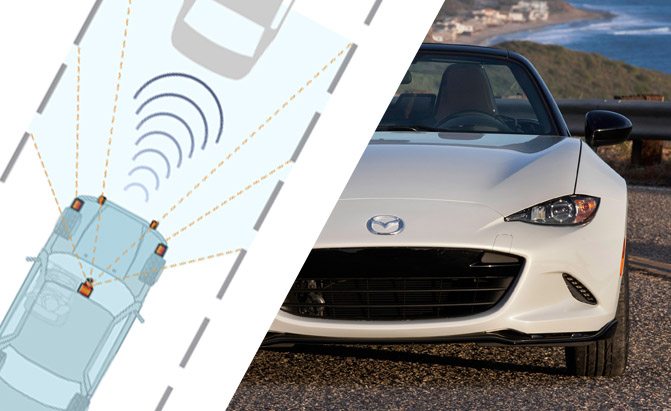












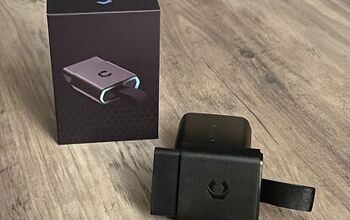

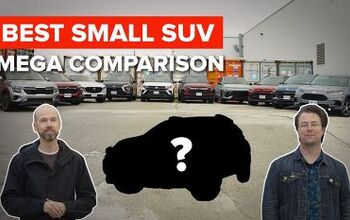


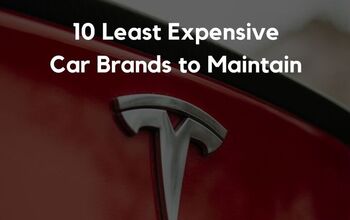

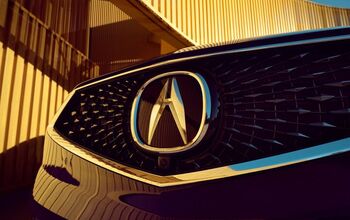
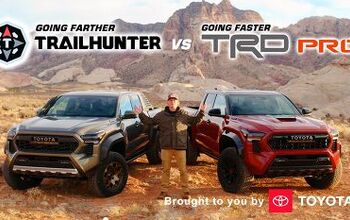
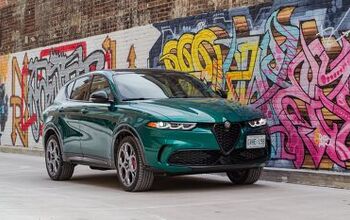

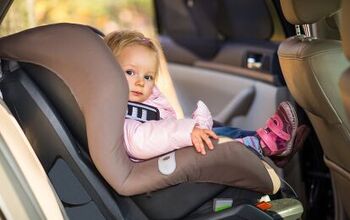
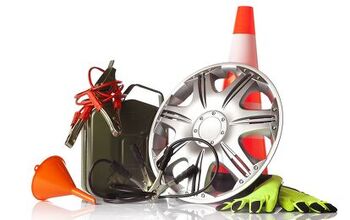
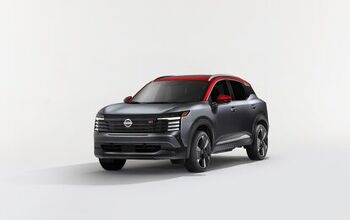


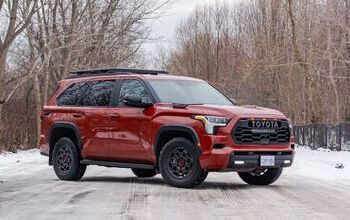

Comments
Join the conversation
LMAO @ Mazda...In other words: Mazda does not have the money to even compete
People are getting lazier and lazier, backup camera's, lane sensors... all garbage. On the bright side perhaps the same manufacturing quality that goes into factory O2 sensors will be used for the proximity sensors, leading to check computer lights and no starts. Or one can just paint the white and yellow road lines off into a deep ditch. I do wonder if their will be opposition to allowing autonomous vehicles from government and local authorities, once everyone is forced to (lack of alternatives/traffic laws) drive autonomous vehicles and they are all programmed to follow all the rules of the road (probably recording your every move to be sold latter) then there will be no need for speed cameras, red light cameras, speed traps... extortion under guise of law enforcement will be all but impossible and wasting large amounts of tax dollars on traffic laws will seem foolish. In the future after an accident you will call computer techs to go over the cars systems and data to asses the cause of the accident and not the cops. Personally I don't think a computer will out race a human on a track, it could drive more consistently but could never make up for the unpredictability of adrenaline and the human brain, unless the computer is programmed to push the car to the ragged edge and risk crashing on every turn speed addicted humans will prevail.